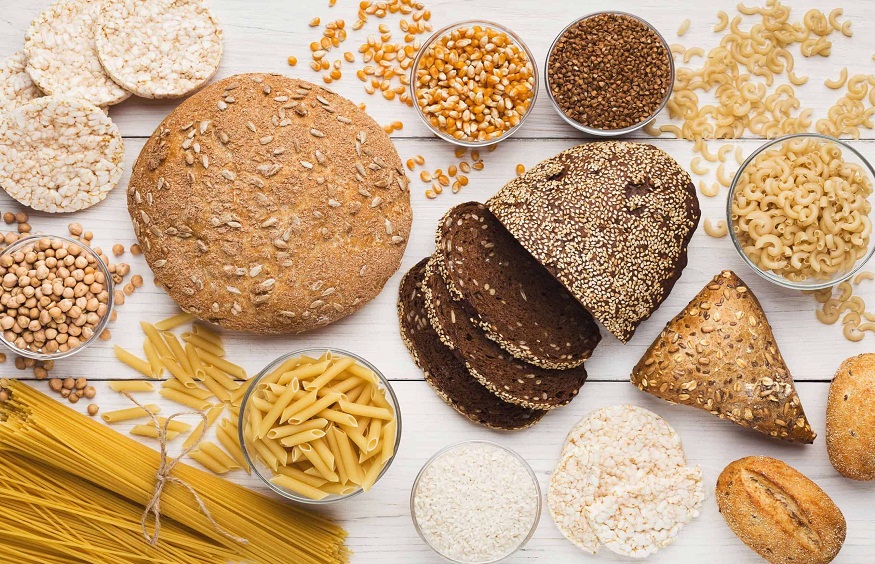Gastroenterologists’ Take On The Management Of Coeliac Disease
Coeliac disease affects many people, making it crucial to understand its management. Gastroenterologists play a key role in guiding those with this condition. They focus on diet, routine care, and maintaining a healthy lifestyle. They also pay attention to related conditions, like Olney liver disease. By following expert advice, managing coeliac disease becomes more manageable and less daunting.
Understanding Coeliac Disease
Coeliac disease is an immune reaction to eating gluten. Gluten is found in wheat, barley, and rye. This reaction can damage the small intestine over time. Symptoms can include bloating, diarrhea, and fatigue. Left untreated, it can lead to more serious health problems.
The Importance of a Gluten-Free Diet
Gastroenterologists emphasize a gluten-free diet as the primary treatment. Removing gluten from the diet helps heal the intestine. It also prevents further complications. A gluten-free diet requires careful planning and label reading. Many everyday foods contain hidden gluten.
| Food Type | Can Eat | Should Avoid |
| Grains | Rice, Quinoa, Corn | Wheat, Barley, Rye |
| Breads | Gluten-Free Bread | Regular Bread |
| Pasta | Rice Pasta | Regular Pasta |
Routine Care and Monitoring
Routine care is more effective after treatment. Regular check-ups with a gastroenterologist are important. These visits help monitor the healing of the intestine and ensure that the diet is effective. Blood tests may be used to measure nutrient levels and check for anemia or other deficiencies.
Managing Related Conditions
Coeliac disease can sometimes be linked with other conditions. Gastroenterologists look for signs of additional issues. One such condition is liver disease. Early detection and management of these related conditions are crucial for overall health.
Living a Healthy Lifestyle
A healthy lifestyle supports the management of coeliac disease. Regular exercise, a balanced diet, and stress management all contribute to feeling better. Staying informed about gluten-free options and recipes can make meal planning easier and more enjoyable.
In Summary
- Coeliac disease requires careful management and a strict gluten-free diet.
- Regular monitoring by gastroenterologists ensures effective treatment and prevention of complications.
- Staying informed and maintaining a healthy lifestyle can improve quality of life.
Understanding and managing coeliac disease involves a team effort. Trusting the guidance of gastroenterologists and taking proactive steps can lead to healthier living and peace of mind.

